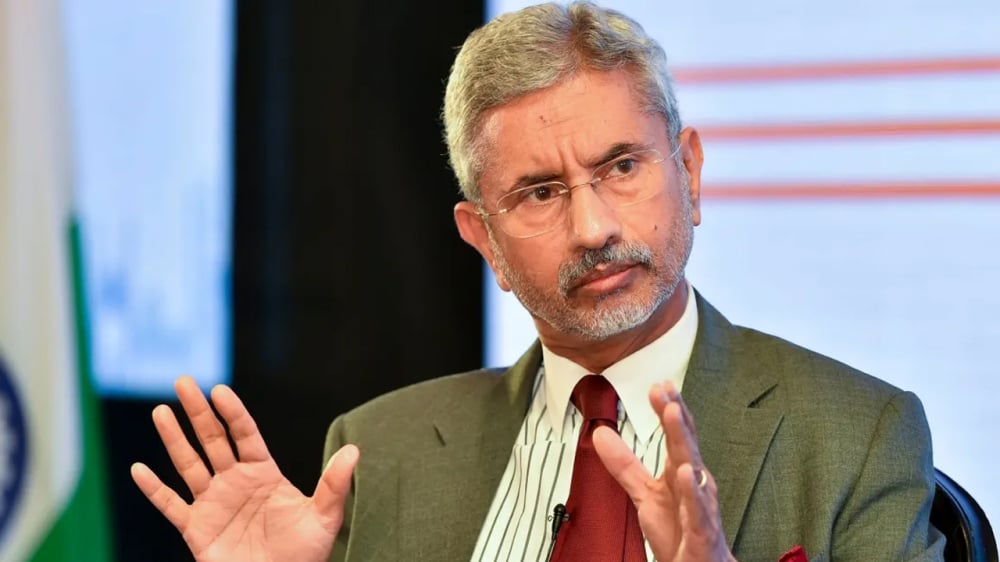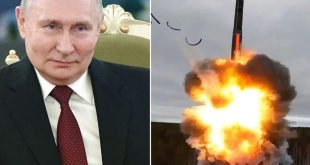
Amidst the long-running diplomatic tension, India's Foreign Minister S Jaishankar is going to visit Pakistan. According to the information, he will participate in the Shanghai Cooperation Organization meeting being held in Pakistan's capital Islamabad.
India and Pakistan have been in a state of tension for a long time. Political relations between the two countries are almost non-existent. However, meanwhile, big news has come out that Indian Foreign Minister S Jaishankar is going to visit Pakistan. Actually, Jaishankar will go to Pakistan to attend the SCO i.e. Shanghai Cooperation Organization meeting to be held in Pakistan this year.
When is the SCO conference?
The SCO summit is going to be held in the month of October this year and the Shanghai Cooperation Organization meeting is going to be held in Islamabad, the capital of Pakistan. Invitations were sent to various countries to participate in this summit to be held on 15-16 October. So S Jaishankar will go to Pakistan.
Pakistan invited PM Modi
Late last August, Pakistan invited Indian Prime Minister Narendra Modi to attend the SCO meeting. Pakistani spokesperson Mumtaz Zahra Baloch said that an invitation has been sent to Indian Prime Minister Narendra Modi to participate in this conference. However, after this it has not been announced who will participate in this meeting from the Indian side. Now it has become clear that PM Modi will not attend the SCO meeting. In his place, External Affairs Minister S Jaishankar will represent India in the meeting.
What is the importance of SCO?
The SCO summit will be preceded by several rounds of ministerial talks and meetings of senior officials. It will focus on financial, economic, socio-cultural and humanitarian cooperation between member countries. Let us tell you that SCO is an influential economic and security block of India, China, Russia, Pakistan, Kazakhstan, Kyrgyzstan, Tajikistan and Uzbekistan.
 look news india
look news india
